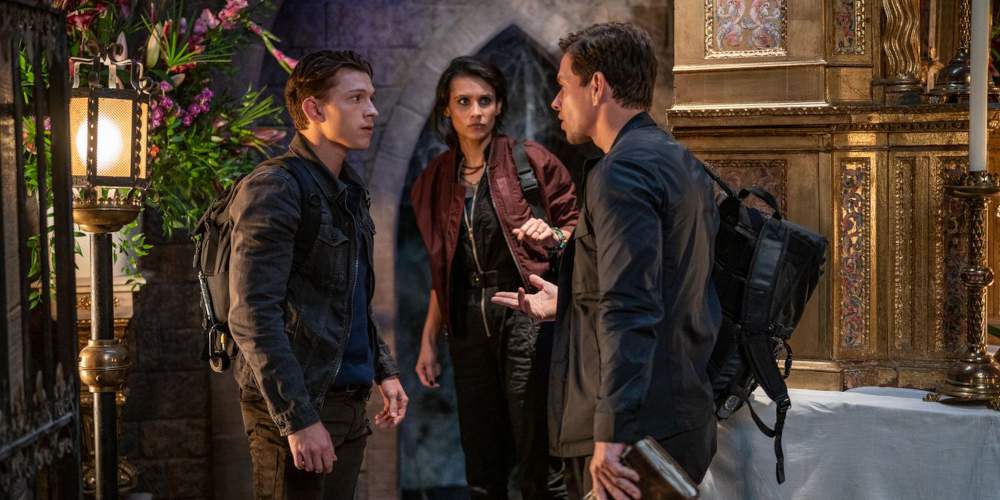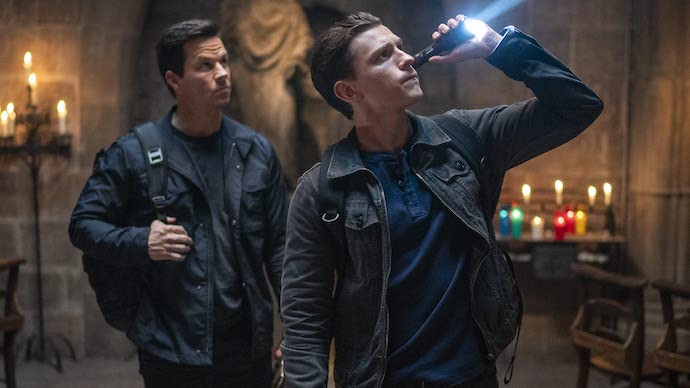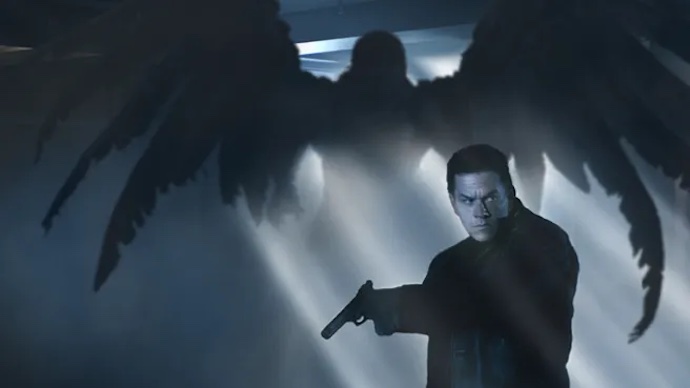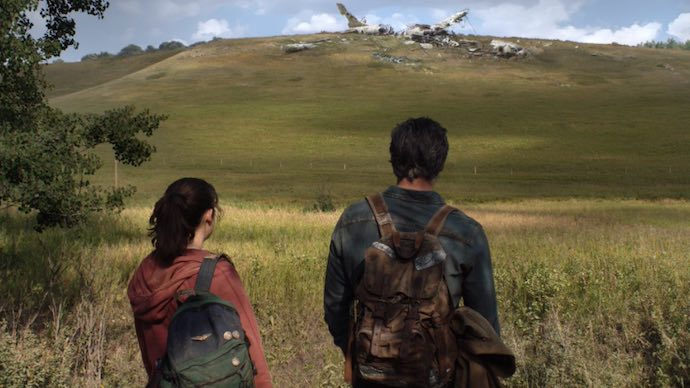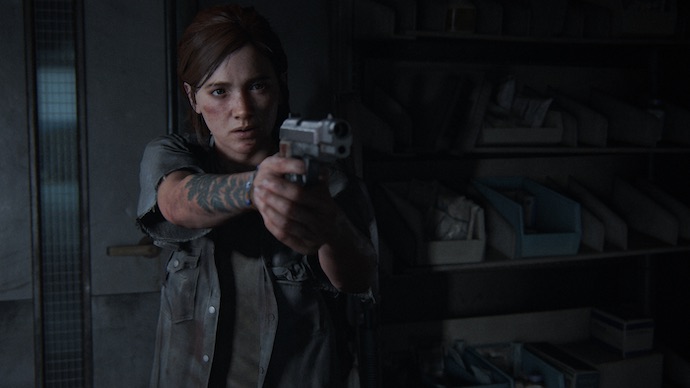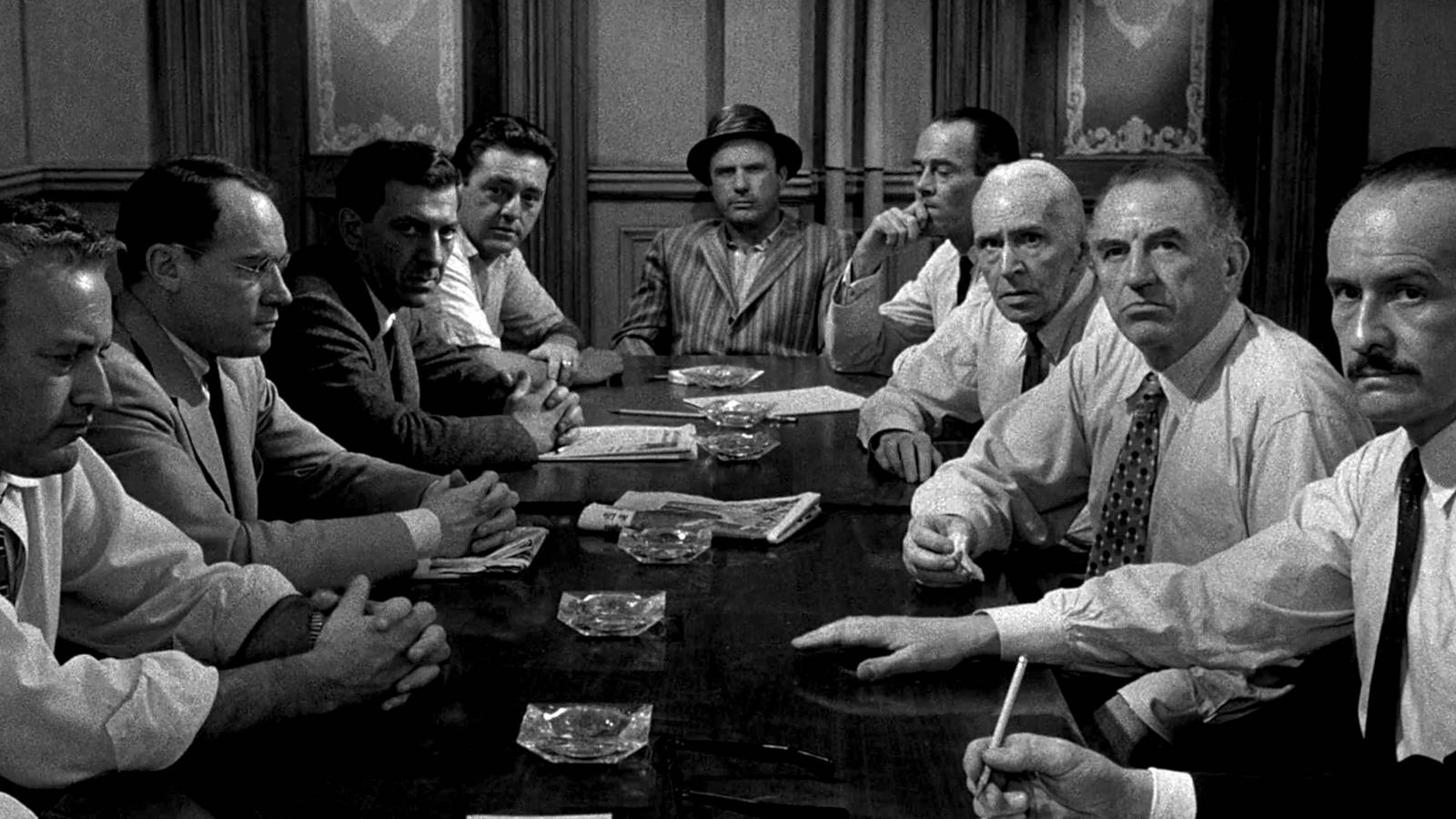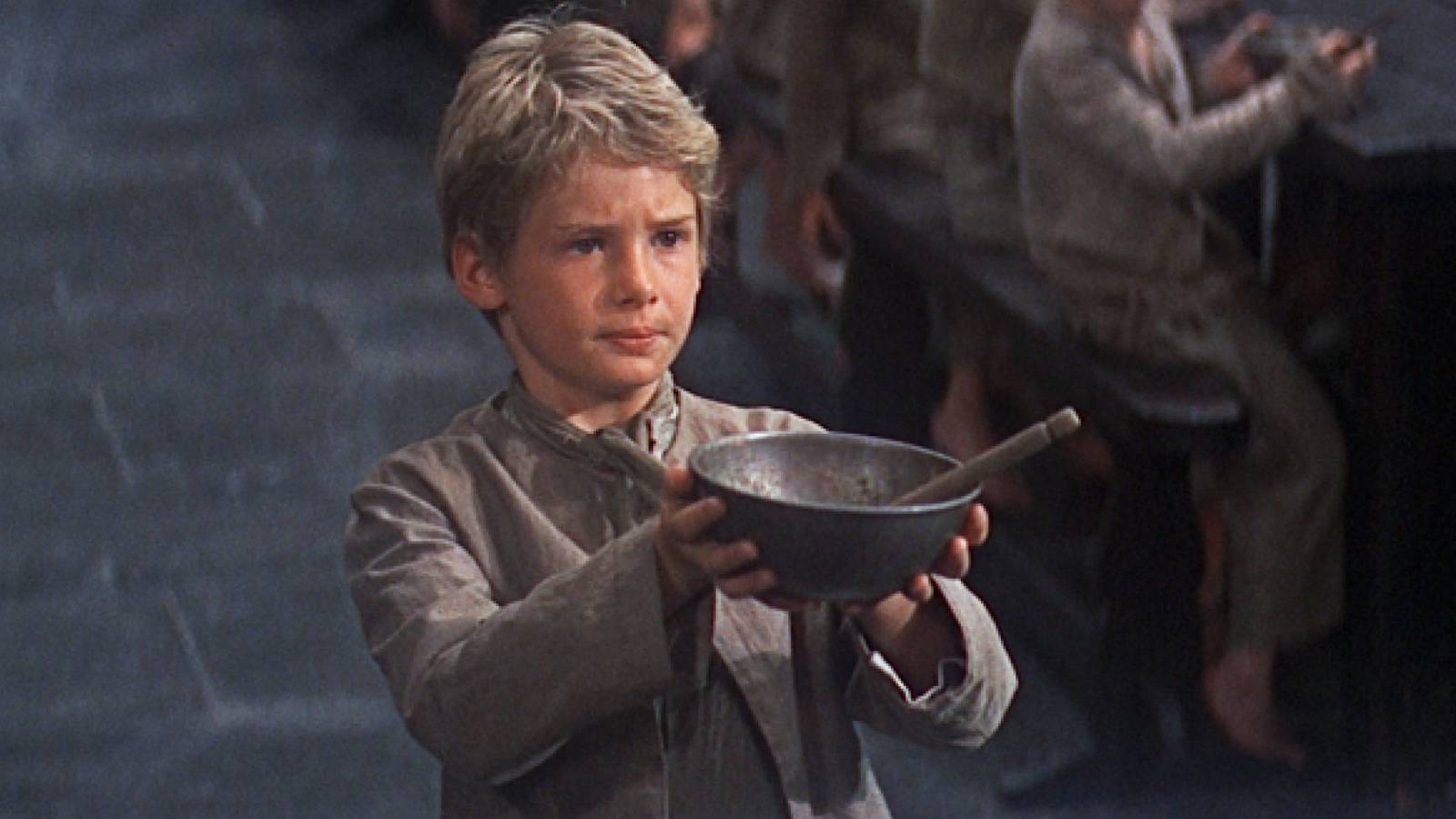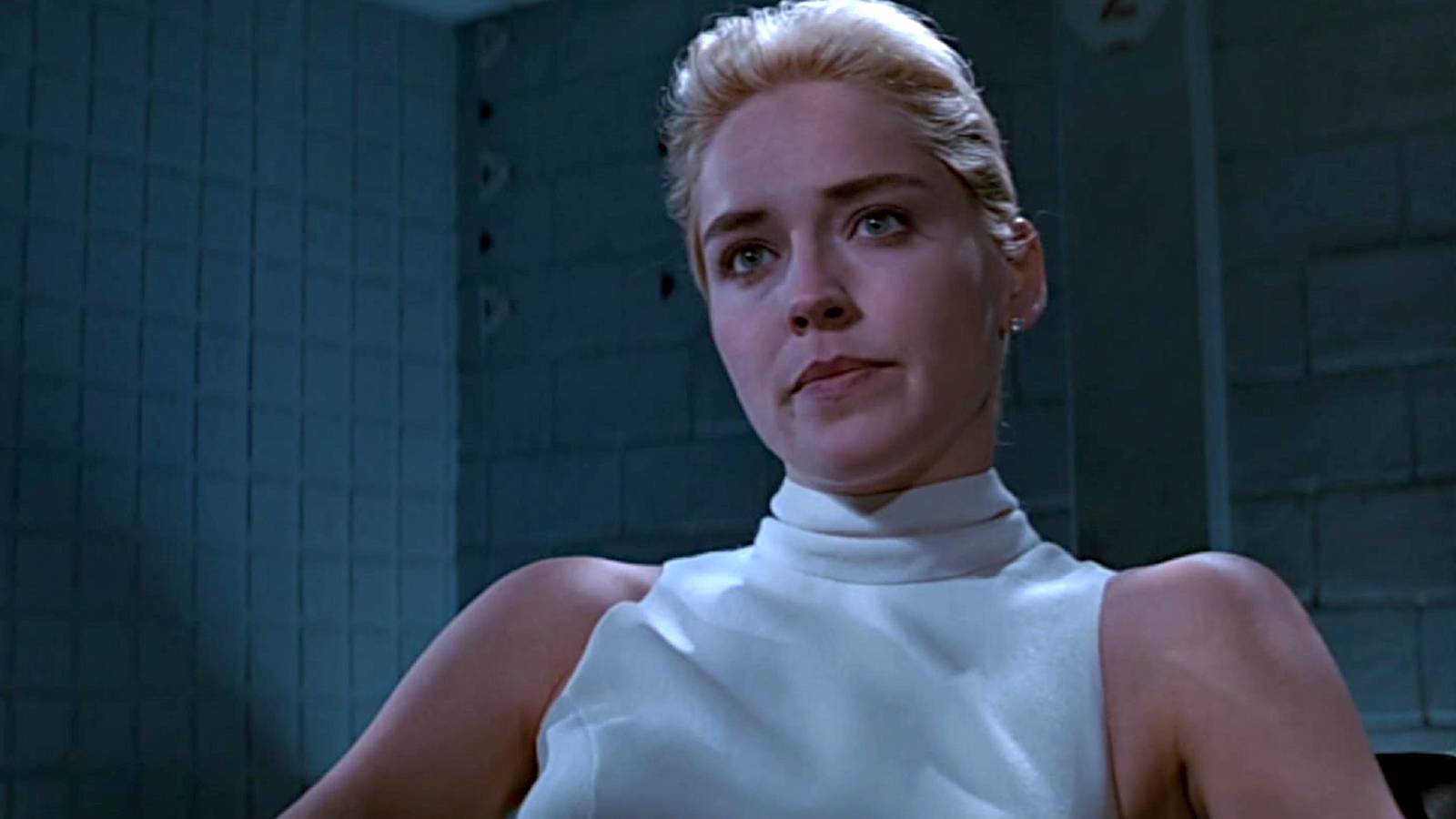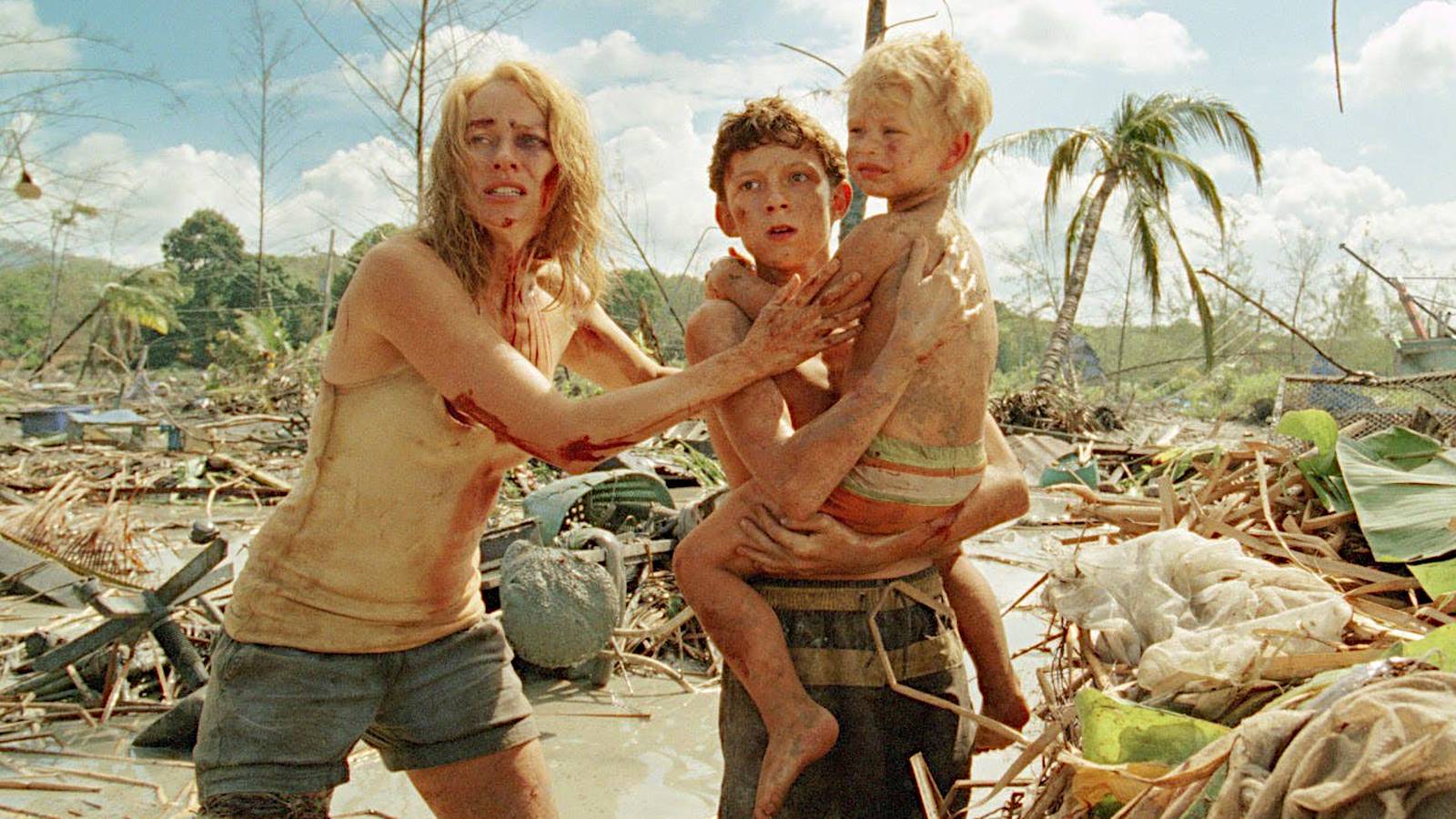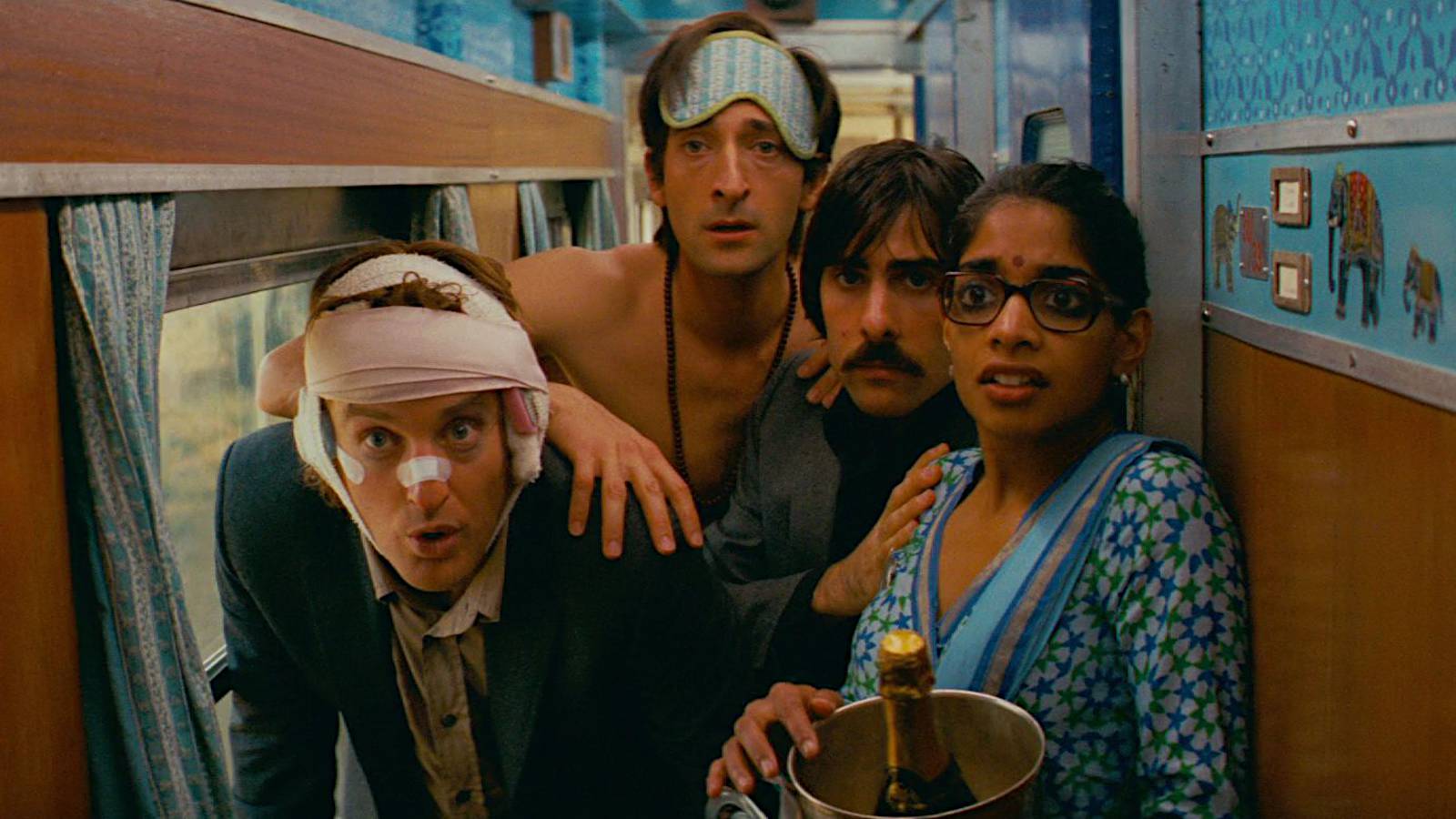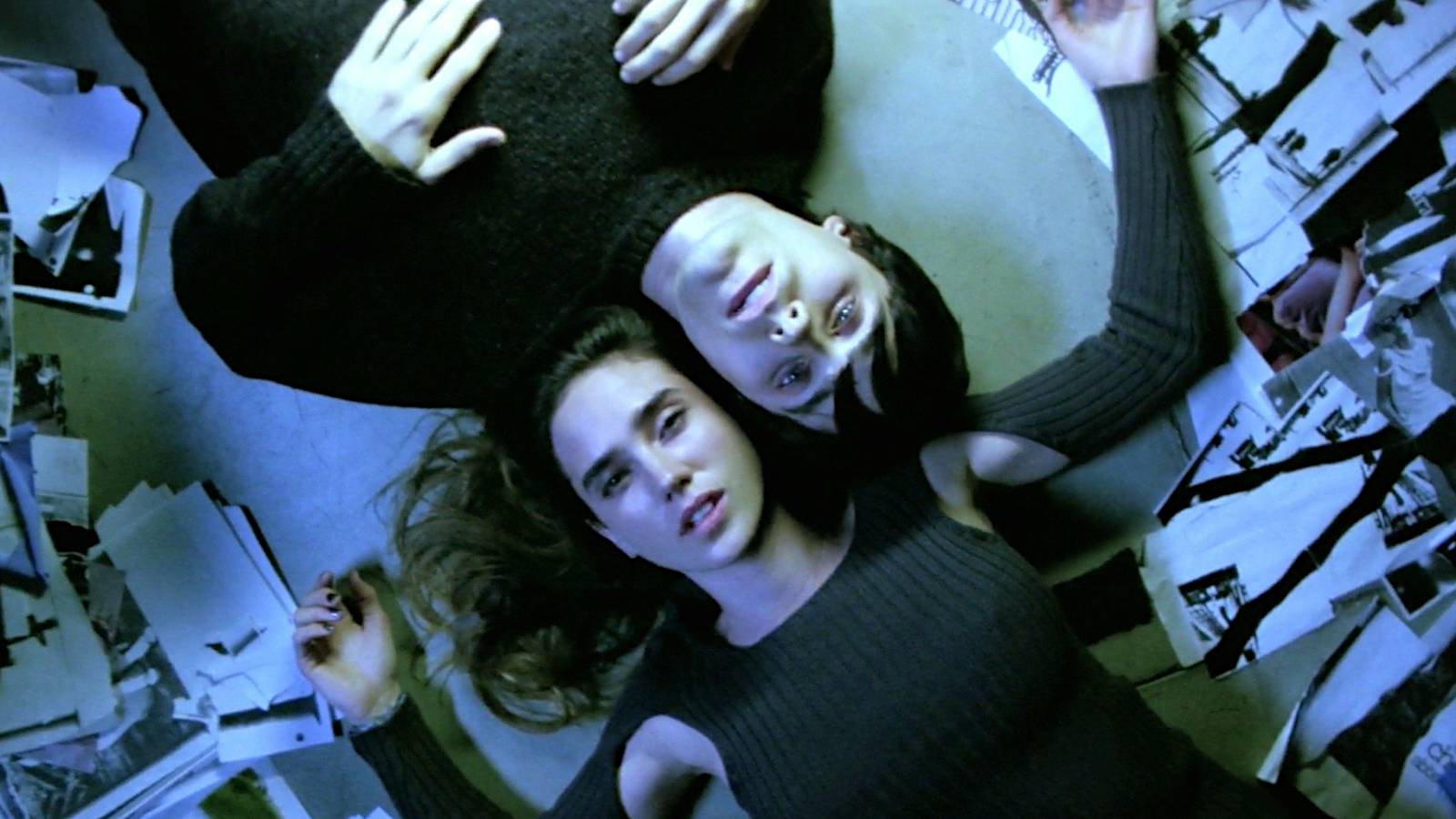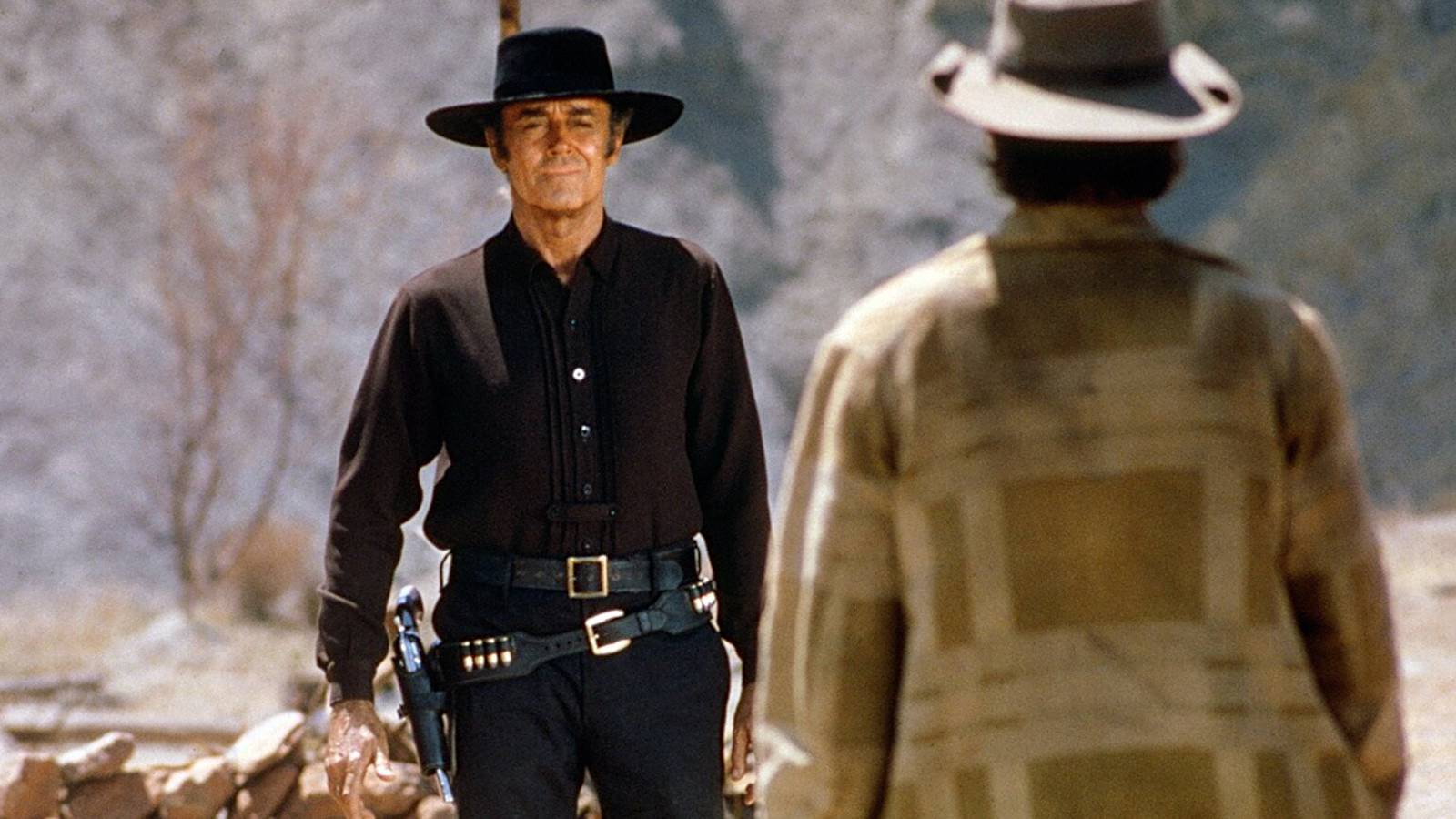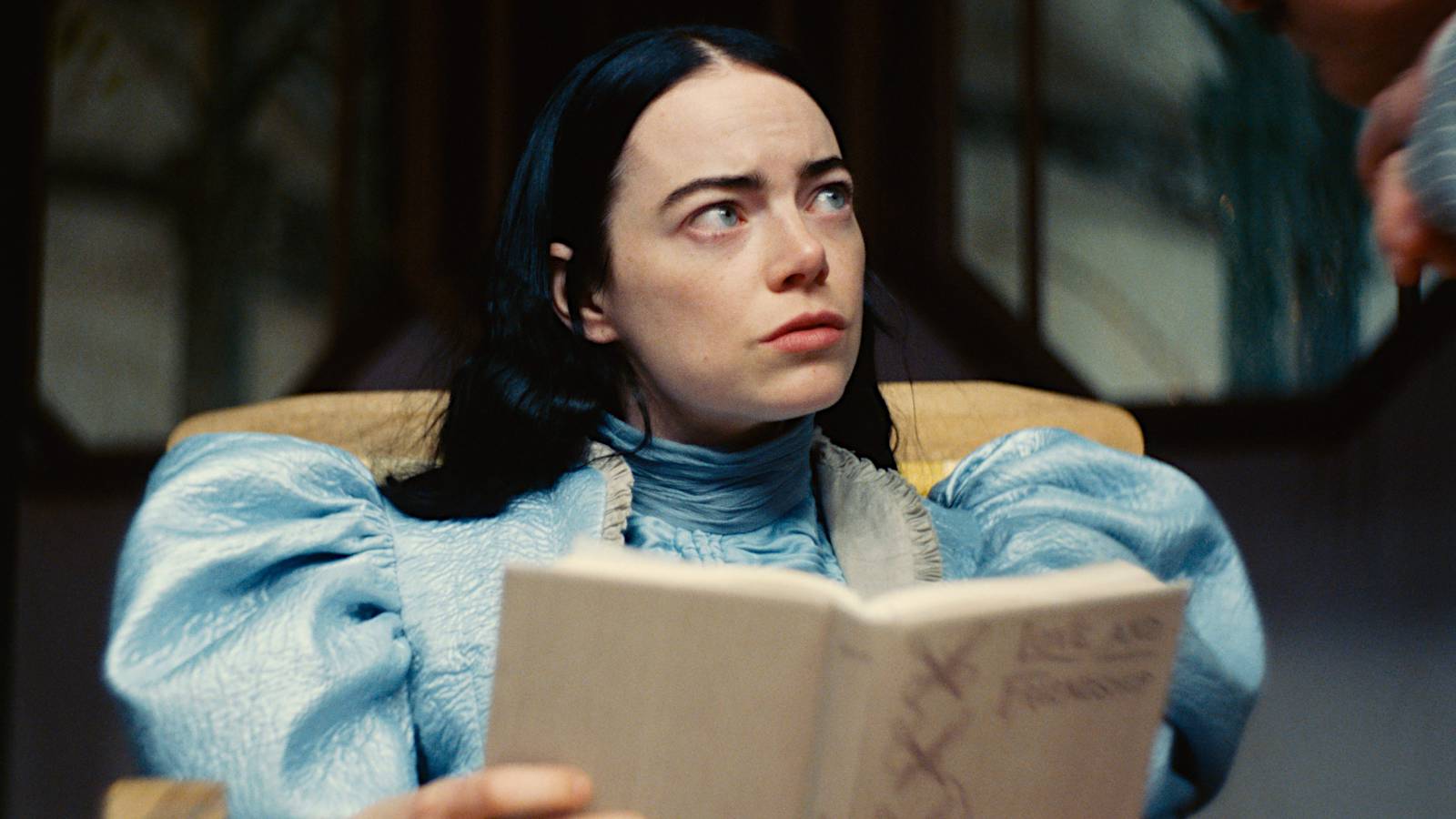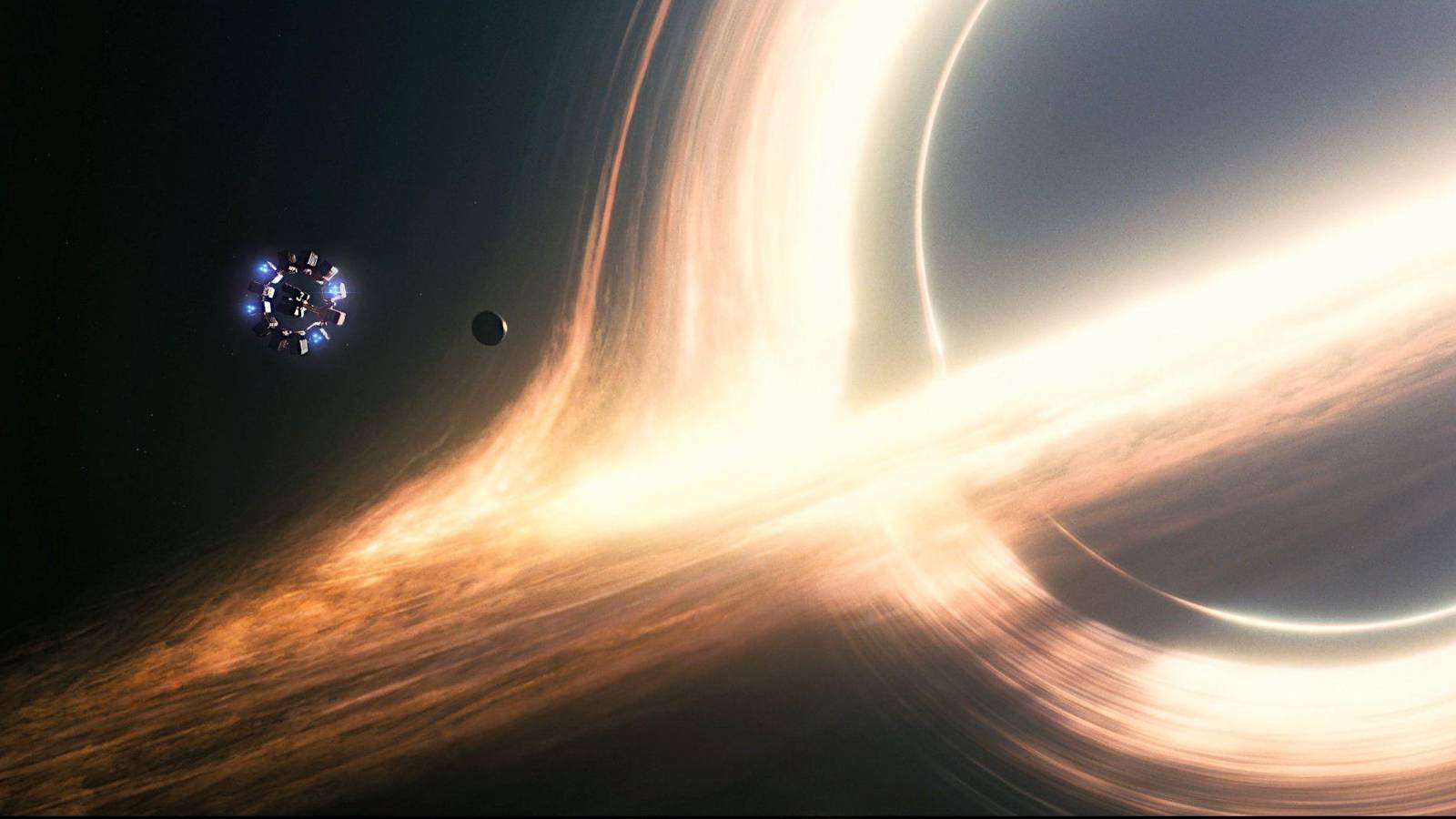1. Short-Form vs. Long-Form
A video game is designed to take place across hours and hours of immersive storytelling. For a gamer to feel satisfied in their purchase, the narrative and the gaming experience need to offer at least 10 hours of entertainment—more commonly, they offer at least 50 hours.
By contrast, movies are starkly different by design. They need to present a full narrative with beginning, middle, and end within two hours. On rare occasions, a director may have enough reputation to warrant a three-hour-long film, but even those films are often too long.
In effect, the inherent tension of a video game-to-movie adaptation is the battle between long-form entertainment and short-form entertainment, and those two require fundamentally different approaches to story.
An award-winning video game with an established narrative that takes the player across 50 hours of gameplay is all but impossible for any screenwriter to cut down and reshape. The sheer breadth and depth of the video game’s narrative requires too much to be cut out.
What about book-to-movie adaptations? Isn’t that also an attempt to adapt long-form entertainment to short-form entertainment? And haven’t there been many successful book-to-movie adaptations?
True, but the difference is that books have no visual component. A book may take many hours to read, but that’s because the prose needs to do so much work in painting mood and directing your imagination. A single establishing shot can do the work of 10 pages or more.
In other words, books may take many hours to read, but only a handful of those hours are actual plot. Some parts of it may still need to be cut when adapting to film, but the overall shape and direction can still be retained and result in a satisfying film.
Of course, not every single hour of a video game is plot-relevant either. But on the whole, video games have far more plot than a film can reasonably present.Games are meant to be stretched over many sessions, while films need to be consumed in one go.
2. Active vs. Passive
Much of the entertainment in a video game comes from its interactivity. Even the strongest narratives in gaming history have always taken a backseat in importance to actual gameplay.
Films have absolutely no interactivity (except forBlack Mirror: Bandersnatch, which is barely interactive anyway), which is bad news for video game-to-movie adaptations.
When you strip away interactivity from the narrative, you end up with two fundamentally different storytelling modes:videos games are first-person active(even if the game itself isn’t played via first-person perspective)while movies are third-person passive.
Spending 20+ hours exploring a world that’s carefully built to have all kinds of challenges, side quests, and story developments hidden across all the darkest and deepest places in a game likeBatman: Arkham Asylumis a truly gripping experience.
That experience is an emotional memory. It’s a piece of artwork that stays with us long after we’ve completed the game. Why? Because we were the driving force of that story. We actively explored, fought, and finished. In the end, the real story is whatweexperienced along the way.
We feel likewewere actuallythere, and that’s calledimmersion. Immersion is the selling point of video games. Video games can grip and entrance us in ways that no other medium can, simply because video games force us to actively make decisions to progress the story.
When interactivity is removed from the equation, much of the story’s impact is stripped away with it—because a video game’s story encompasses more than just its plot. It’s the worldbuilding, the discovery, the decisions that make the plot that much more effective.
3. Unreasonable Fan Expectations
In the award-winning video gameThe Last of Us, Troy Baker and Ashley Johnson gave incredible performances as Joel and Ellie, and they’re a big part of why it’s arguably the greatest video game ever made.
The Last of Usis being adapted into an HBO series, but Troy Baker and Ashley Johnson will not be reprising their roles. They need to be recast, and that’s a huge problem—even the most versatile actors would be fighting an uphill battle against fan expectations.
As it turns out, Pedro Pascal and Bella Ramsay will be the ones facing that challenge. They’ll need to find their own personal takes on two of gaming’s most iconic characters. And while both are talented actors, that doesn’t always mean that fans will accept their performances.
And therein lies a big issue for video game-to-movie adaptations.Diehard fans of video games—the same fans who would be the main viewers of an adaptation—are notoriously hard to please.
Fans will scrutinize every single frame, every single scene, every single decision and find those bits of their beloved video game that were cut. Any deviations in the performances of their favorite character may be taken as a personal affront. If it isn’t perfect, they’ll hate it.
On the other hand, if the movie adaptation is extremely faithful to the video game and tells the same core story with the exact same beats, fans will shrug and ask why this adaptation was even necessary.
Related:The best video game anti-heroes of all time
4. Non-Gamers Don’t Care
Most cinephiles don’t care about movie adaptations of video games. To them, these adaptations simply mean that a colossal amount of money was wasted on something that’s never going to gain a dedicated audience apart from the video game’s original fanbase.
And, funny enough, a lot of gamers actually don’t want movie adaptations of their favorite video games either. Gamers have been burned too many times with failed adaptations that were ruined by Hollywood’s ego and hunger for profit over integrity of art.
But then there’s a third group.The largest group. The people who aren’t cinephiles (meaning they don’t care about purity of cinema or whether a film is trying to elevate the artform) and the people who aren’t gamers (meaning they have no prior attachment to a franchise).
This is the group that Hollywoodreallywants to tap into because they offer the biggest potential for profit. After all, it’s not comic book fans who made Marvel Studios rich. The MCU made bank by successfully converting regular moviegoers (who never read the comics) into fans.
Despite how large the gaming industry has become, many adults of a certain age still haven’t played a single video game to their name. And of those who have, most of those games are casual mobile games.
In truth, there are many “true gamers” who still haven’t played award-winning franchises likeThe Last of Us,Uncharted,BioShock,The Witcher,God of War, etc.
To all these people who have never played these video games, movie adaptations mean very little. To them, a movie adaptation ofUnchartedis no more than just another adventure film in a saturated market.
And if the main selling point is that it’s “based on a video game,” well… that’s not much of a draw, is it?



![]()
